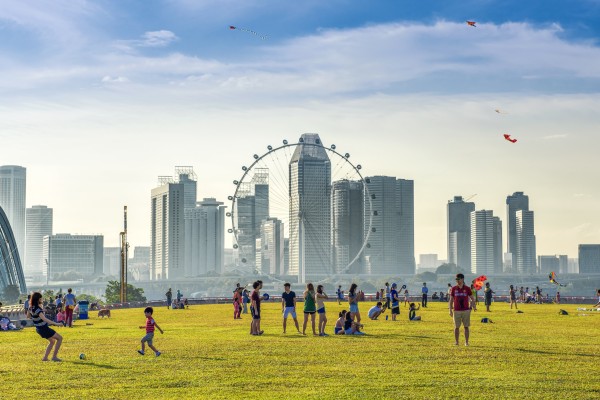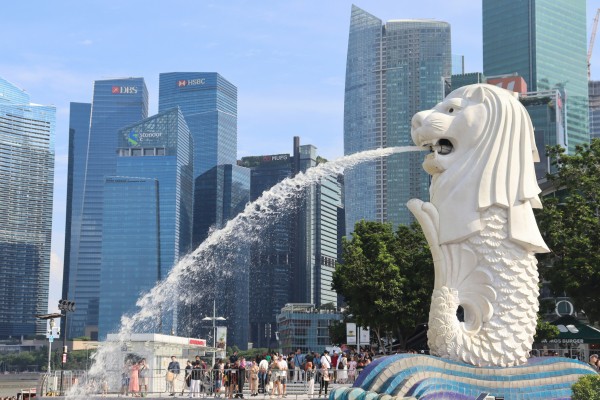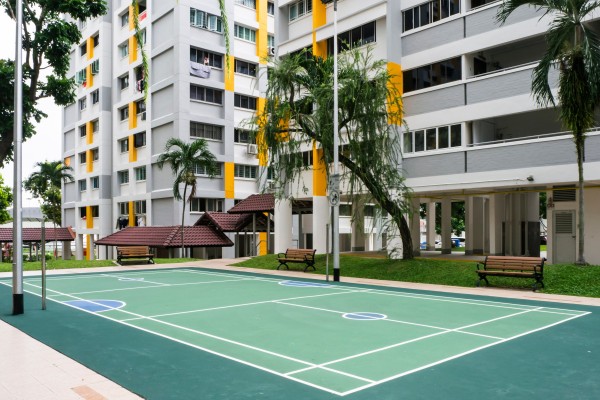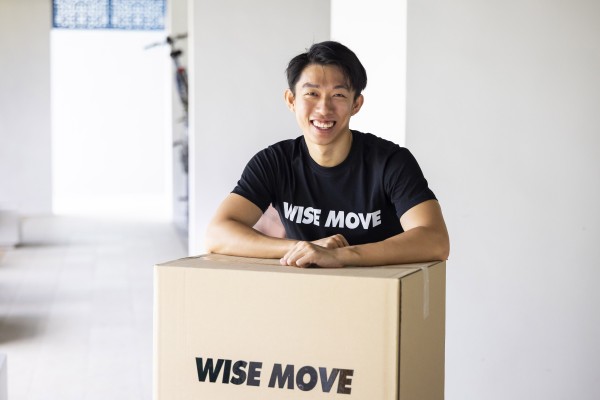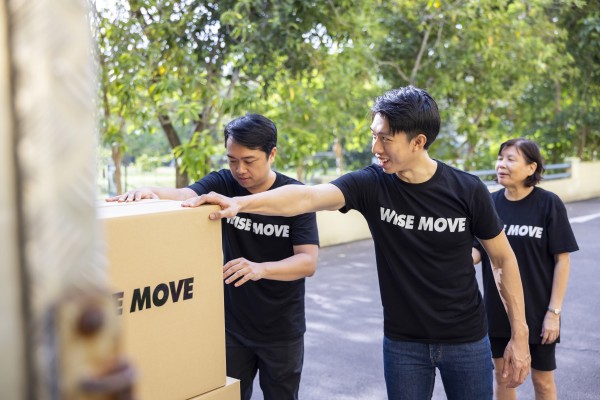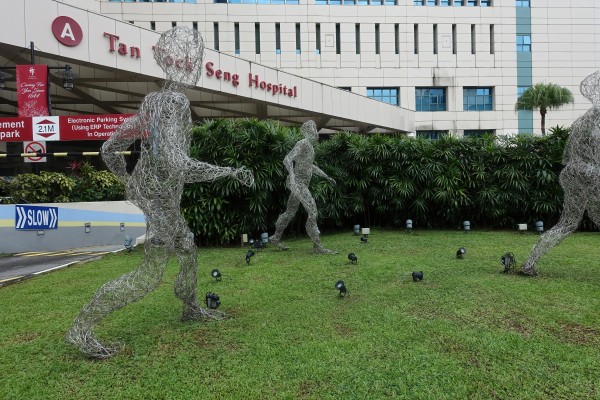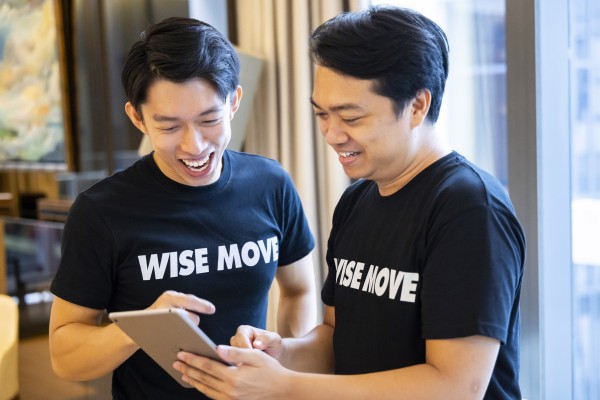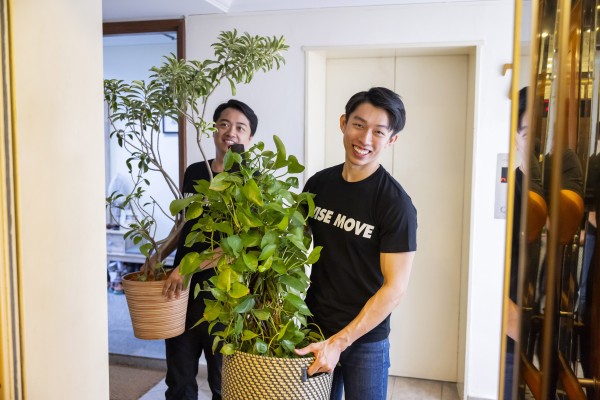Navigating Singapore’s Education System: An Expat’s Guide
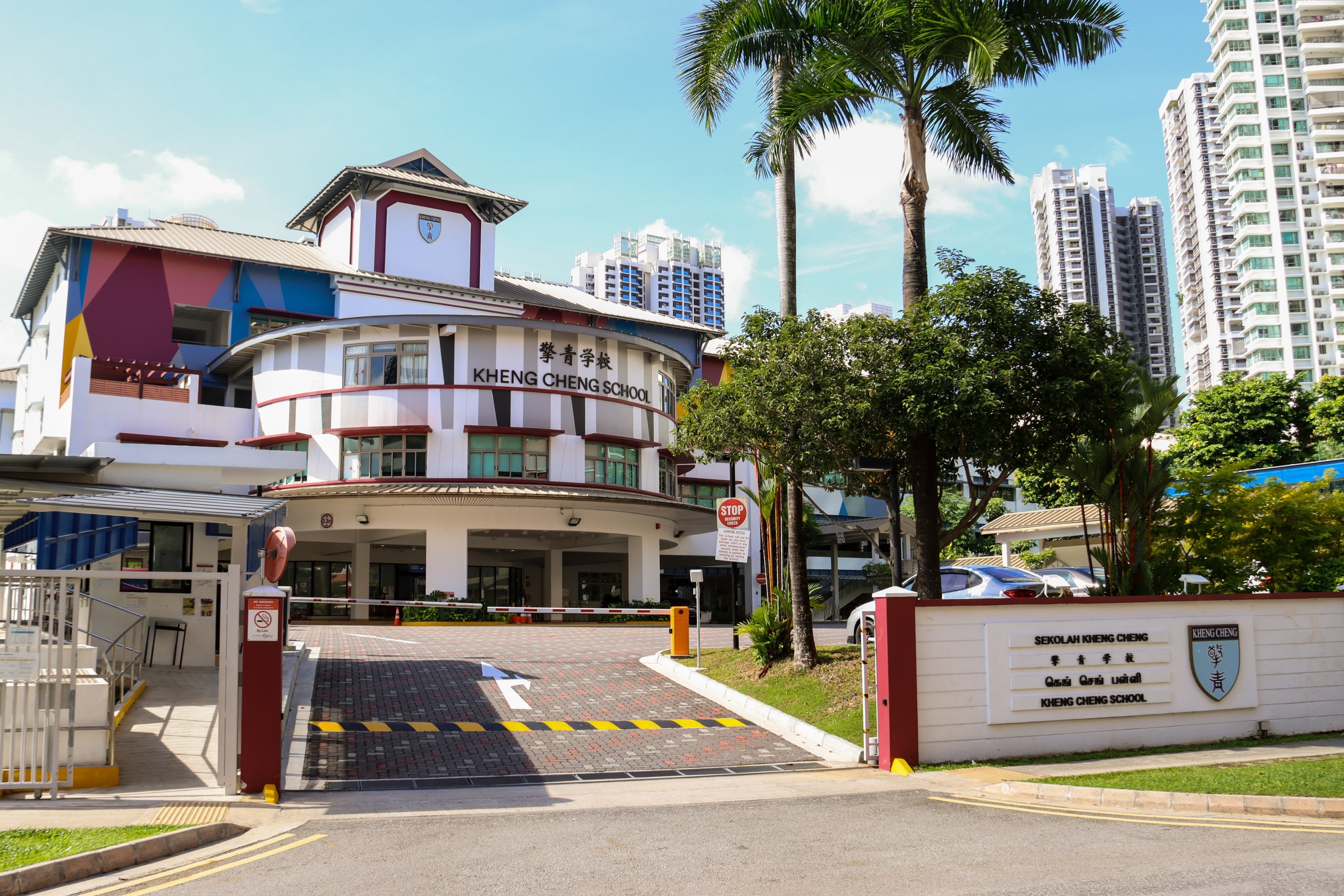
Have you heard of Singapore’s famous Math syllabus?
One of Singapore’s most loved exports is its Math syllabus–known as Singapore Math. More than 25 countries around the world have adopted its unique three-step methodology and the Math textbooks used in Singapore, to improve math scores.
The good news is, as an expat in Singapore, your children will have first-hand access to the widely-acclaimed Singapore Math syllabus and more. After all, Singapore ranks first in the Programme for International Student Assessment (Pisa) 2022 survey in math, science, and reading–and for very good reason.
The options for schools for your children will be very many; a happy problem indeed. Do you want to enrol your child in one of Singapore’s many government-run schools, or an international school of your choice? Want to go the GCE O and A-Level, or the International Baccalaureate route?
So many questions, and fortunately, we have all the answers here:
Overview of the Singapore education system
Singapore’s education system is arguably one of the best in the world, for several reasons:
Top scoring kids in literacy and math, a methodological, rigorous and holistic curriculum that seeks to bring out the best in every child, and one that is based on meritocracy.
That’s great news for you, because as an expat, you will have great access to the schools here in Singapore. Yes, even the publicly-funded ones, albeit without the government subsidies.
If you have kids of varying ages, you’ll be interested to know that the Singapore education system caters to children of every age, from preschool all the way to university and beyond–and that there are both private and government-funded options for them both.
Ready? Take a deep breath and let’s dive in.
Pre-school
For many parents, the choices of pre–schools can be dizzying.
Pre-schools in Singapore are generally for children from 3 to 6 years old, with some schools offering programs for even younger children from 18 months or even as young as 6 months.
The private pre-school sector is a burgeoning one, with programs all promising the best for your young child. Knowing the style of education you want for your little one would be a great first step in this stage. Is it a Montessori, Waldorf, enquiry-based, or values-focused program you want for your child? Full-day, half-day, or just three hours? There are several chains of private pre-schools that cater to budgets of all kinds, this list is a great place to start.
The only government-run pre-school in Singapore is MOE Kindergarten for 5 and 6 year olds. Spots at MOE Kindergarten are quite limited for foreigners as Singapore Citizens and Permanent Residents are given priority, so you may want to choose from the plethora of private pre-schools to avoid the stress.
All pre-schools in Singapore are overseen by the Early Childhood and Development Agency (ECDA) which regulates the programs in the schools, ensures all schools serve healthy food, and safeguards the safety of the young children in the schools.
Primary
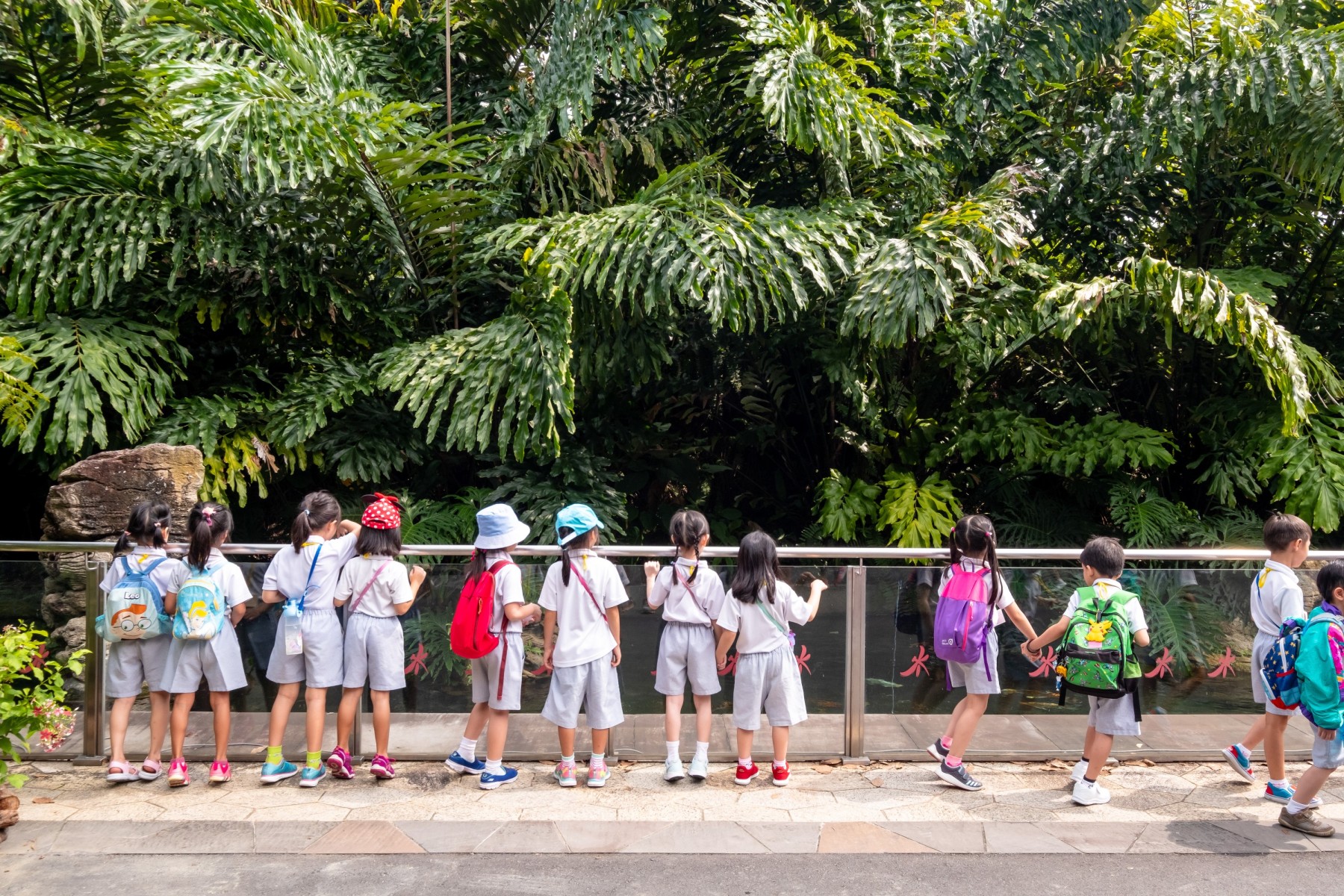
Government-run Primary schools in Singapore follow the national curriculum set out by the MOE and are known for their consistent high standards of teaching and learning. The first thing to remember is that the main language of instruction in these mainstream schools is English, and that there may be proficiency tests administered for English and Mathematics to determine which study level your child should be placed in.
All students who attend mainstream primary schools in Singapore must sit for the Primary School Leaving Examinations (PSLE) if they want to continue in a mainstream secondary school.
School fees for international students studying in local mainstream primary schools are generally more affordable than international school fees, even without government subsidies, averaging at about SGD950 per month.
International schools are also available for expat children at the primary level.
There is a wider range of options to choose from, with schools offering the curriculum of their home countries. Here's a list of international schools for you to look through, complete with curriculum offered and fees.
Secondary
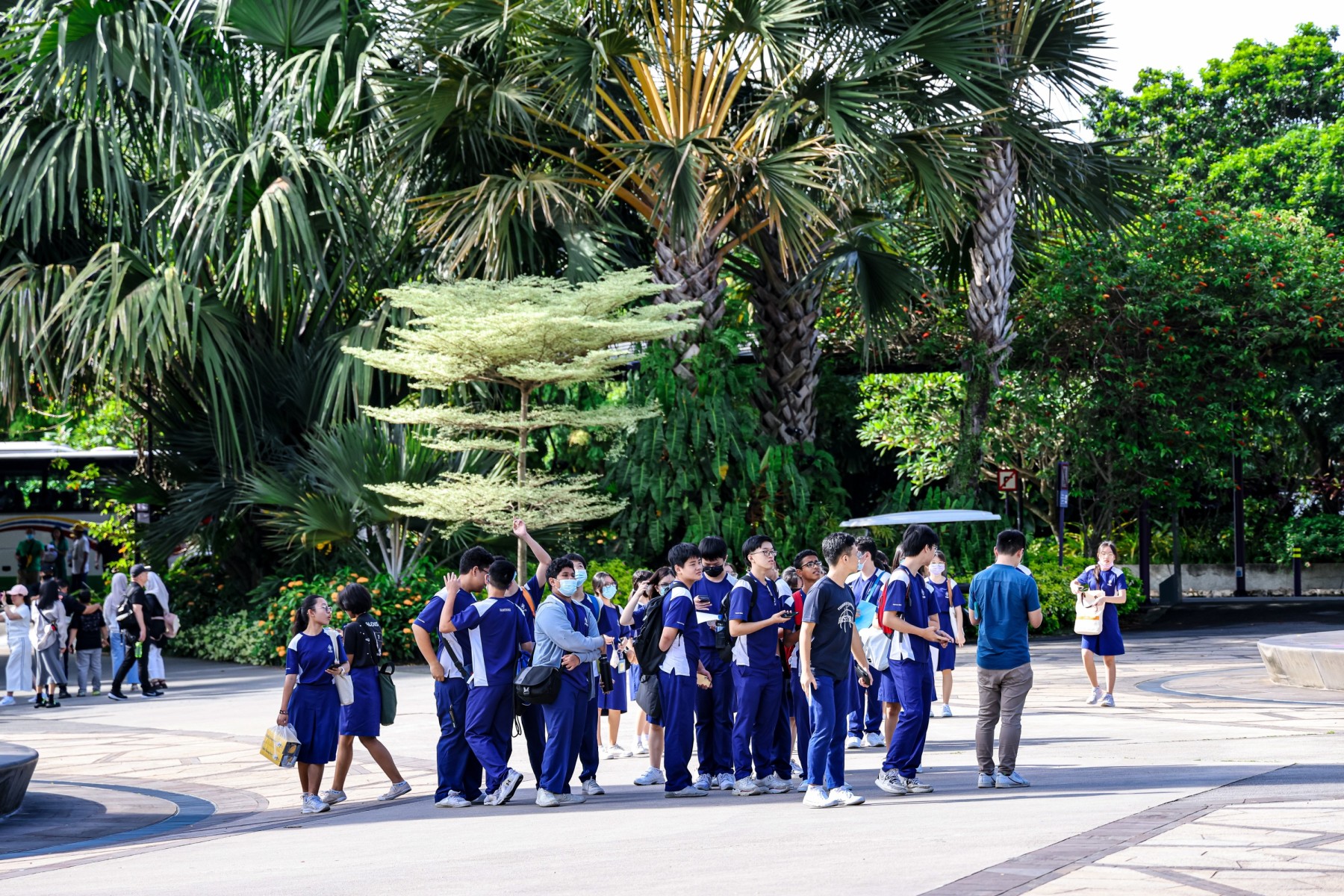
Unlike the primary school system, there are more options for public secondary schools in terms of specialization and curriculum. The vast majority of public secondary schools in Singapore offer a four GCE O-Level program. Some schools offer an Integrated Program (IP), which is a six-year option for students to skip the GCE O-Level exams and sit directly for their GCE A-Level examinations or the International Baccalaureate (IB) diploma.
Not sure about whether you should seek to enrol your child in a school that offers the GCE O-Level or IB diploma programs? Here’s a handy article to help you out.
There are also schools that specialize in the arts (School of the Arts), sports (Singapore Sports School), and STEM (National University of Singapore High School of Math & Science), for students who are especially talented in these areas.
Your child is eligible to attend a local secondary school if he or she has sat for and passed the PSLE. For children who are already in secondary levels overseas, they must sit for and pass a test as part of the annual Admissions Exercise that usually takes place in July for the following academic year.
Again, international schools are probably more straightforward to navigate, especially if your child was already in the primary-level program in the international school and it's just a matter of continuing on.
For new students, you will want to check out this directory of schools to visit each school's website for admission details.
Post-Secondary
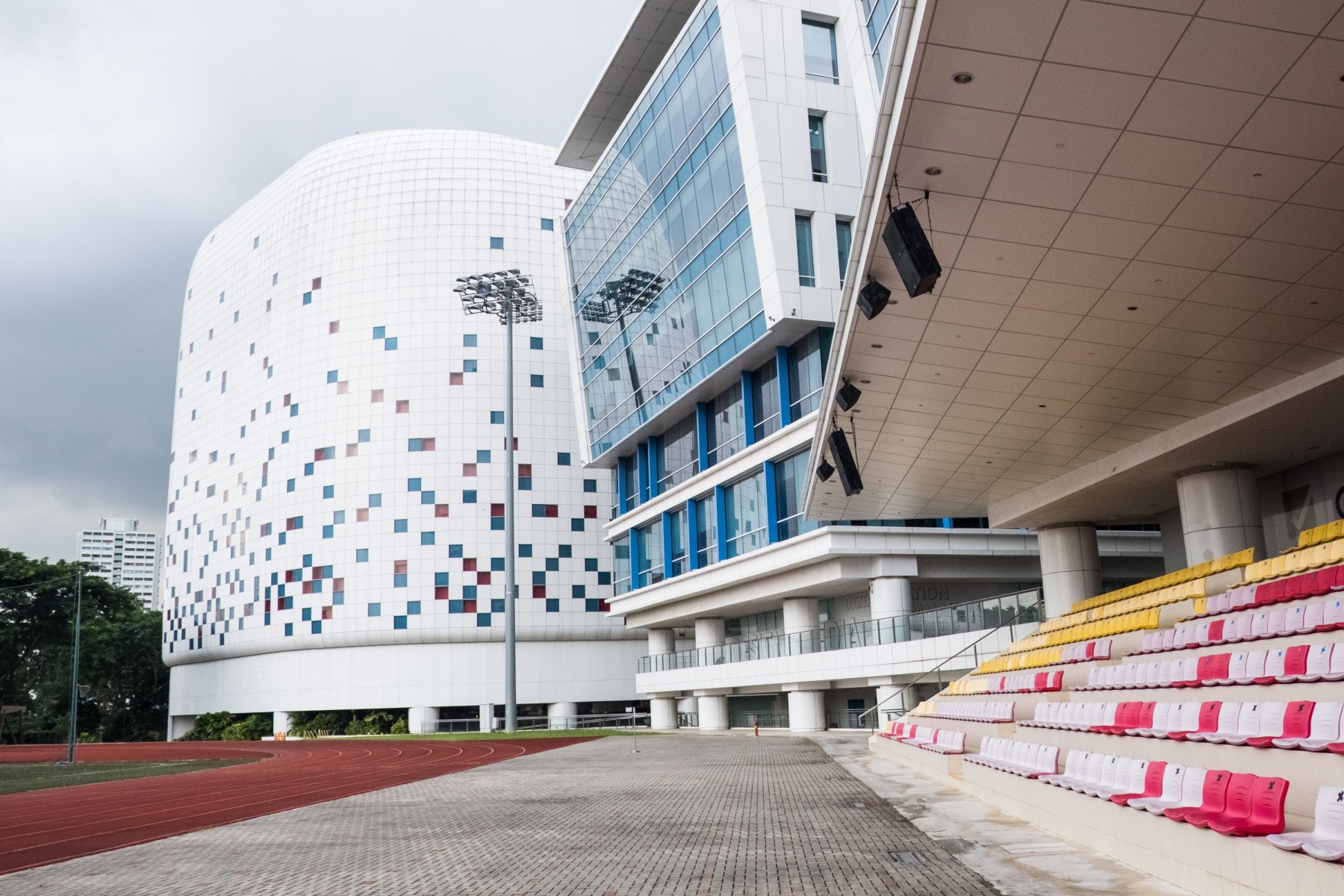
After secondary school, the next level of public education in Singapore is in a post-secodary institution. There are multiple courses, certificates and diplomas that can be pursued at this stage.
Students who wish to obtain the GCE A-Level certificate or the IB diploma can choose to enrol in a local Junior College or Integrated Program (IP) school. Local polytechnics offer practical diplomas in various fields of study, ranging from Nursing to Aerospace Engineering to Biotech to Mass Communication.
Many jobs in Singapore require a polytechnic diploma as a minimum, so this is great to get if your child doesn't intend to pursue a university degree.
Students can also opt to attend a local Institute of Technical Education (ITE), which offers National ITE Certificates (Nitec) and Technical Diplomas for students who wish to acquire technical and vocational skills.
Fees vary for each local institution, so you will need to check them up on the websites.
For those who want to stay on the private International school route, navigating this period is not difficult as many International schools offer programs all the way to 18 years old, to obtain qualifications to progress to university. International schools in Singapore offer a variery of pre-university qualifications, including the IB diploma, GCE A-Levels, and that of their national home curriculum.
Check out this list for the International schools with programs for students between the ages of 16 to 18.
Tertiary
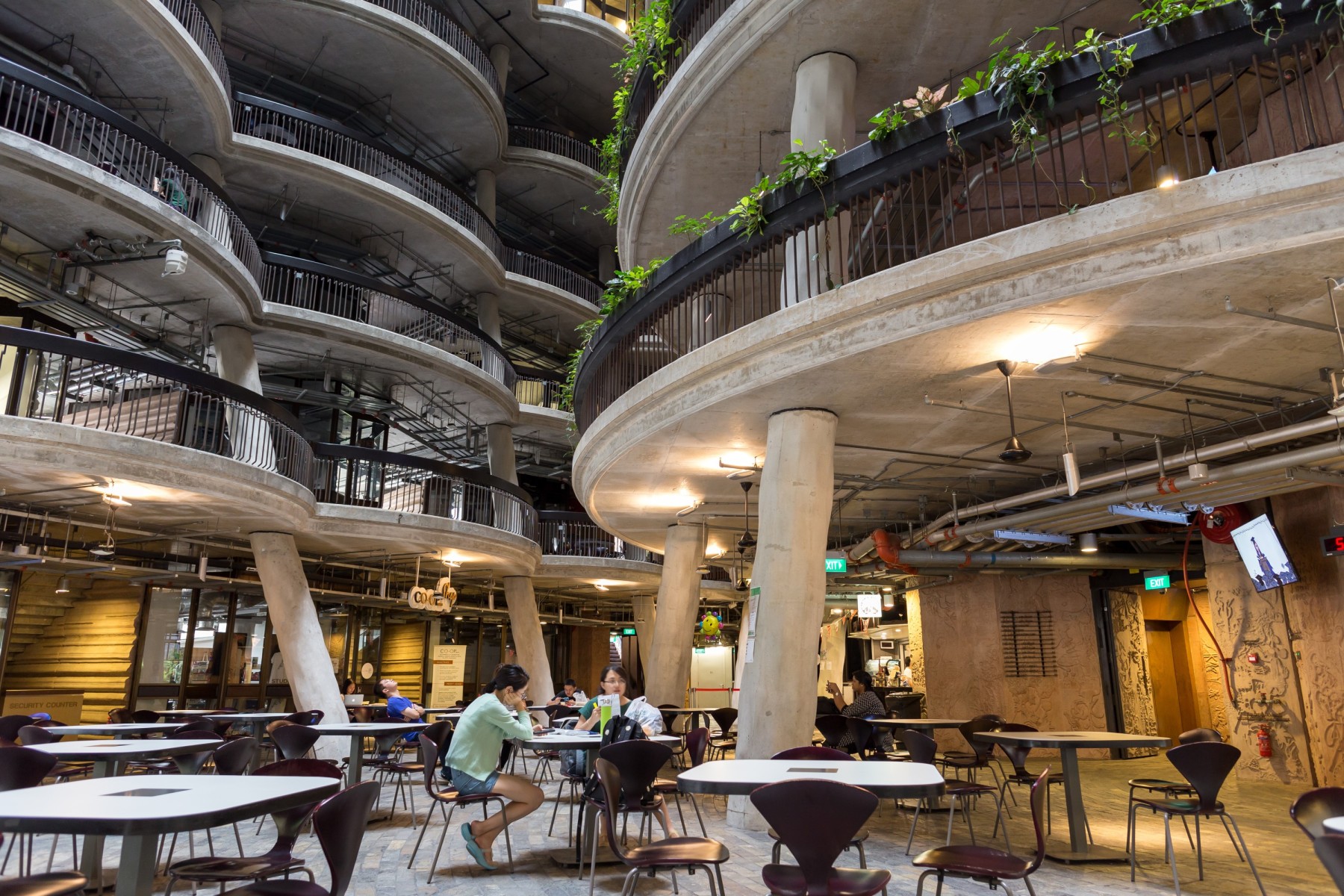
Singapore universities are consistently ranked highly in the world–with the publicly-funded National University of Singapore (NUS) taking the 8th place in the Quacquarelli Symonds (QS) World University Rankings 2024.
There are currently six government-funded universities in Singapore, each with a different niche area:
As a foreign student, your child will not be eligible for government subsidies but may be able to apply for scholarships or study grants, depending on specific conditions.
There are also several other private universities in Singapore, some of which are world-class universities that offer degree programs here, such as James Cook University (JCU) and Curtin University from Australia, and DigiPen Institute of Technology from the United States.
Tuition fees vary, so do check out each school’s website to find out more.
Which is best for me?
The quality of education in Singapore is reputably high, no matter whether you choose to go the private or public way.
There is probably no one answer to whether private or public schools are better–it’s more a question of your personal and family considerations.
Is it a more relaxed school environment that you want? More focus on non-academic activities like sports and games? A later start to the school year? Heading back home after a few years here? These are all great reasons to select a private international school for your child.
Conversely, if you’d like your child to partake in the rigour of the Singapore education system, enrolling in a mainstream government school is the way to go.
Some other considerations include your financial obligations, the mode of assessment in the schools, languages taught, and community. Whatever your decision, you can make it with the full knowledge that your child will be receiving a well-rounded education here in Singapore.
Should I learn another language and what should it be?
Frequently upheld as a positive example for its harmonious and culturally diverse population, Singapore is the perfect place to flex those language skills or pick up a new language for your child. So to the question of whether you should get your child to learn a new language while here in Singapore, the answer is yes, you absolutely should.
In public schools, your child will have the opportunity to learn a second language. They can choose from the three main Mother Tongue language groups in Singapore: Mandarin, Malay, or Tamil. They can also apply to learn a non-Tamil Indian language such as Bengali, Gujarati, Hindi, Punjabi or Urdu; or another foreign language such as French, German, Japanese, Arabic, or Thai. These classes are not conducted in the schools during school hours and have to be pursued after school.
In private international schools, there are even more options for a second language, including French, German, Spanish, Japanese, Korean, Hebrew or Dutch. Here’s a list of some of the international schools in Singapore and the language they offer.
What about co-curricular activities?
Both public and private schools offer a plethora of co-curricular activities, including various sports, art, coding, performing arts, music, dance, clubs & societies, and uniformed groups. In the Singapore public school system, co-curricular activities (CCAs) are strongly encouraged, if not compulsory in some schools.
If you're particularly interested in a specific sport or activity, you should spend some time checking the schools’ websites to see if they offer the activity you have in mind, as not every school has the same co-curricular program.
Other than school-based co-curriculars, you can also consider looking up specific activities by smaller and specialized private schools. Sports academies are aplenty and offer your child the chance to train and participate in league games or competitions. Art and music studios are also popular in Singapore for children to hone their artistic talents. Language, math and creative writing enrichment classes are also widely available in Singapore. You'll certainly have no lack of choices here!
Where can I get help and support from?
If you’re looking to connect with other parents in local schools but don’t quite know how, making time to volunteer alongside other parents at school activities is the quickest way to meet new people and speak with them.
Many schools have parent volunteer groups, and you’ll likely be given forms to participate when your child enrols in the school. You can also always approach your child’s form teacher to ask about joining one.
Another occasion when you would be able to meet fellow parents is while waiting for your child after CCAs, or at sports meets. Oftentimes, striking up a conversation with parents whose child shares a similar interest to yours can be a great way to connect and forge friendship!
At International schools, almost every parent is an expat, so it may feel relatively easier to reach out for conversation.
Whether your child is in a local mainstream school or an international school, one thing remains the same: do reach out to a teacher or school staff if you want to find a bigger community of parents to connect with; there’s always someone to help.
Recently completed

What’s happening?
Please notify us of any violations. This information will be kept confidential and shared only with Wise Move.
- It’s inaccurate or incorrect
- If you find it offensive
- It’s something else
